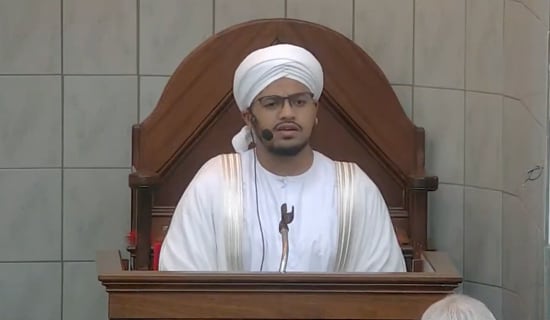
Iran-based Iraqi Shi'ite scholar Kamal Al-Haydari said in an October 10, 2020 interview on Al-Iraqiya TV (Iraq) that a Muslim can follow the fatwas of an Islamic jurist from a different country only as long as the ruling does not contradict the sovereignty and laws of the country he resides in. He also said that an Islamic jurist who accepts the concept of a modern citizenship-based state is not allowed to issue rulings that would contradict the laws of their adherents' countries.
Kamal Al-Haydari: "A jurist who is engaged in issuing fatwas, not a jurist in a government position... the latter must be elected by the people. Let's assume that he does not want to engage in politics or government, but only wants to issue fatwas to people who ask him. He must define his position before engaging in issuing fatwas.
"Does he accept the concept of a modern citizenship-based state or not? If he accepts this modern concept of the state – a state based upon citizenship and not upon religion – then this jurist is not allowed to issue any fatwa that contradicts the laws of the country of the follower [who asked for the fatwa]."
Host: "He is not allowed?"
Al-Haydari: "No."
Host: "Who is allowed then?"
Al-Haydari: "I believe that [the jurist] is obliged to the laws of the modern state, unless he does not accept [the concept of] the modern state. As I said, he must define his position. If you accept the modern state, which is based on the rule of law, and which has its representatives, a parliament, a prime minister, a president, a judiciary system, and so on and so forth, then you are allowed to follow the religious authority from across the border, as long as his rulings do not contradict your country's sovereignty and laws."













